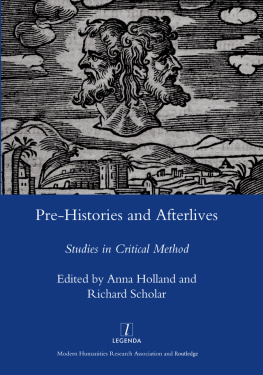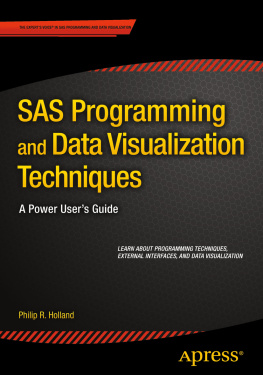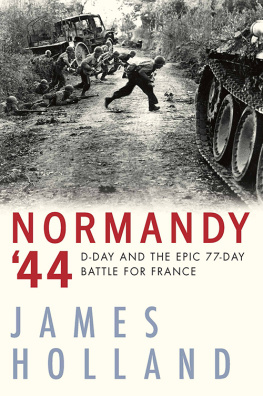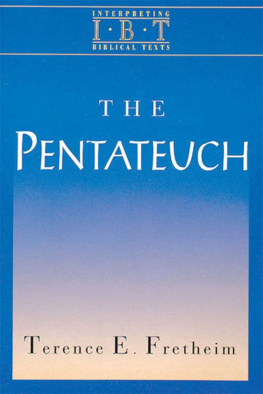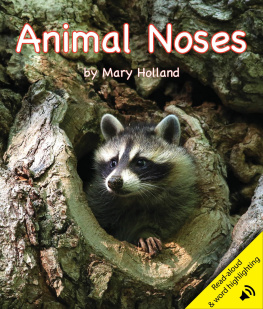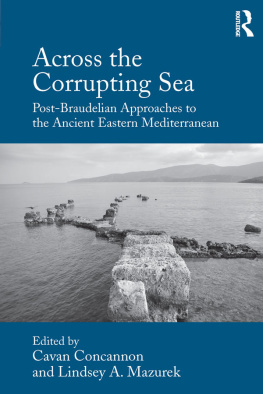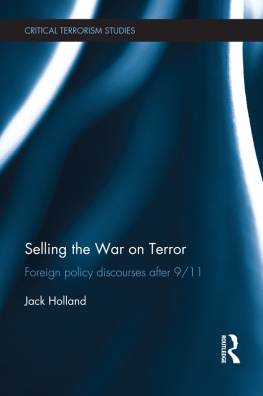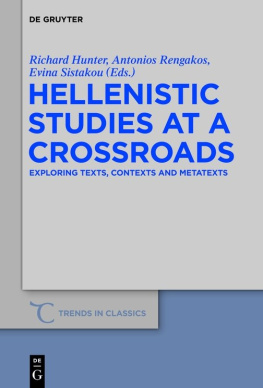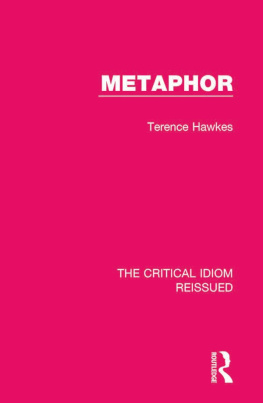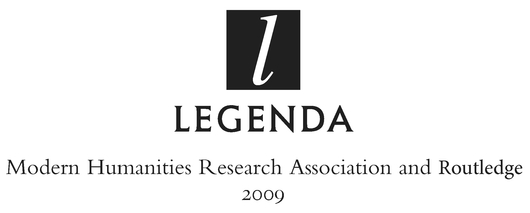PRE-HISTORIES AND AFTERLIVES
STUDIES IN CRITICAL METHOD FOR TERENCE CAVE
LEGENDA, founded in 1995 by the European Humanities Research Centre of the University of Oxford, is now a joint imprint of the Modern Humanities Research Association and Routledge. Titles range from medieval texts to contemporary cinema and form a widely comparative view of the modern humanities, including works on Arabic, Catalan, English, French, German, Greek, Italian, Portuguese, Russian, Spanish, and Yiddish literature. An Editorial Board of distinguished academic specialists works in collaboration with leading scholarly bodies such as the Society for French Studies and the British Comparative Literature Association.

The Modern Humanities Research Association (MHRA) encourages and promotes advanced study and research in the field of the modern humanities, especially modern European languages and literature, including english, and also cinema. It also aims to break down the barriers between scholars working in different disciplines and to maintain the unity of humanistic scholarship in the face of increasing specialization. The Association fulfils this purpose primarily through the publication of jour bibliographies, monographs and other aids to research.
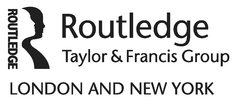
Routledge is a global publisher of academic books, journals and online resources in the humanities and social sciences. Founded in 1836, it has published many of the greatest thinkers and scholars of the last hundred years, including Adorno, Einstein, Russell, Popper, Wittgenstein, Jung, Bohm, Hayek, McLuhan, Marcuse and Sartre. Today Routledge is one of the worlds leading academic publishers in the Humanities and Social Sciences. It publishes thousands of books and journals each year, serving scholars, instructors, and professional communities worldwide.
www.routledge.com
Editorial Board
Chairman
Professor Martin Mclaughlin, Magdalen College, Oxford
Professor John Batchelor, University of Newcastle (English)
Professor Malcolm Cook, University of Exeter (French)
Professor Colin Davis, Royal Holloway University of london (Modern Literature, Film and Theory)
Professor Robin Fiddian, Wadham College, Oxford (Spanish)
Professor Paul garner, University of Leeds (Spanish)
Professor Marian Hobson Jeanner et, Queen Mary University of London (French)
Professor Catriona Kelly New, College, Oxford (Russian)
Professor Martin Maiden, Trinity College, Oxford (Linguistics)
Professor Peter Matthews, St Johns College, Cambridge (Linguistics)
Dr Stephen Parkinson, Linacre College, Oxford (Portuguese)
Professor Ritchie Robertson, St Johns College, Oxford (German)
Professor Lesley Sharpe, University of Exeter (German)
Professor David Shepherd, University of Sheffield (Russian)
Professor Alison Sinclair, Clare College, Cambridge (Spanish)
Professor David Treece, Kings College London (Portuguese)
Professor Diego Zancani, Balliol College, Oxford (Italian)
Managing Editor
Dr Graham Nelson
41 Wellington Square, Oxfor OXI 2JF, UK
legenda@mhra.org.uk
www.legenda.mhra.org.uk
MEN CAN DO NOTHING without the make-believe of a beginning. Even Science, the strict measurer, is obliged to start with a make-believe unit, and must fix on a point in the stars unceasing journey when his sidereal clock shall pretend that time is at Nought. His less accurate grandmother Poetry has always be understood to start in the middle; but on reflection it appears that her proceeding is not very different from his; since Science, too, reckons backwards as well as forwards, divides his unit into billions, and with his clock-finge at Nought really sets off in medias res . No retrospect will take us to the true beginning; and whether our prologue be in heaven or on earth, it is but a fraction of that all-presupposing fact with which our story sets out.
GEORGE ELIOT, Epigraph to Daniel Deronda , Book 1,
Pre-Histories and Afterlives
Studies in Critical Method for Terence Cave
Edited by Anna Holland and Richard Scholar
First published 2009
Published by the
Modern Humanities Research Association and Routledge
2 Park Square, Milton Park, Abingdon, Oxon OX14 4RN
711 Third Avenue, New York, NY 10017, USA
LEGENDA is an imprint of the Modern Humanities Research Association and Routledge
Routledge is an imprint of the Taylor & Francis Group, an informa business
Modern Humanities Research Association and Taylor & Francis 2009
ISBN 978-1-905981-93-9 (hbk)
All rights reserved. No part of this publication may be reproduced, stored in a retrieval system, or transmitted in any form or by any means, electronic, mechanical, including photocopying, recordings, fax or otherwise, without the prior written permission of the copyright owner and the publisher.
Product or corporate names may be trademarks or registered trademarks, and are used only for identification and explanation without intent to infringe.
Contents
Guide
References in the text and endnotes to Terence Cave Pr-histoires: Textes troubls au seuil de la modernit (Geneva: Droz, 1999) and Pr-histoires II: Langues trangres et troubles conomiques au XVIe sicle (Geneva: Droz, 2001) take the form Pr-histoires I and Pr-histoires II respectively. All references to Montaigne's Essais are to the edition by Pierre Villey and V.-L.Saulnier (Paris: PUF, 1965). References list book, chapter and page numbers in the form III. 6,908. Where the period of composition of the text is relevant to the argument, contributors adopt the scheme developed by Villey: [A] refers to the 1580 and 1582 editions, [B] to the 1588 edition, and [C] to manuscript additions made by Montaigne to the so-called Bordeaux copy of 1588 edition. In quotations from early modern French, i and j, and u and v are distinguished. Translations are the contributors own unless otherwise indicated.
This volume arises from a symposium on Pre-Histories and Afterlives held in honour of Terence Cave in St. Johns College, Oxford on 30 September 2006 Pre-histories and afterlives, methods that have emerged in recent work by Cave offer new ways of shaping the stories we tell of the past and the critical analyses we offer. The contributors to this volume engage in a dialogue with these two new critical methods, exploring their uses in a range of contexts, disciplines, language and periods. In respect of its engagement with methodological questions raised by Caves work, Pre-Histories and Afterlives might usefully be thought of as a companion volume to Retrospectives: Essays in Literature, Poetics and Cultural History by Terence Cave , edited by Neil Kenny and Wes Williams, also published by Legenda.
We are grateful to the following for their generous financial support of project: the President and Fellows of St Johns College, Oxford; the Faculty of Medieval and Modern Languages, University of Oxford; the Maison Franaise dOxford (ACITTT: Frontires de la modernit). We owe a particular debt of gratitude to Agnieszka Steczowicz, who co-organized the symposium with us and played a major role in the early stages of the present volumes conception and preparation. We thank the contributors to this volume for their hard work unfailing good cheer. We should also like to express our thanks to the following individuals for their participation in and assistance with the project: Kathryn Banks; Jessica Benson; Luisa Cal; Tim Chesters; Richard Cooper; Elizabeth Fallaize; Miranda Gill; Ann Jefferson; Rutlh Livesey; Will McKenzie; Martin McLaucghlin; Will McMorran; Michael Moriarty; Ritchie Robertson; Angela Scholar; Alexis Tadi; Rowan Tomlinson; Alain Viala; Valerie Worth. We thank Emma Herdman for compiling the index. Martin mcLaughlin and members of the Editorial Board at Legenda have offered valuable editorial guidance, Graham Nelson has guided the manuscript through to publication with admirable efficiency, attention to detail and good humour.

